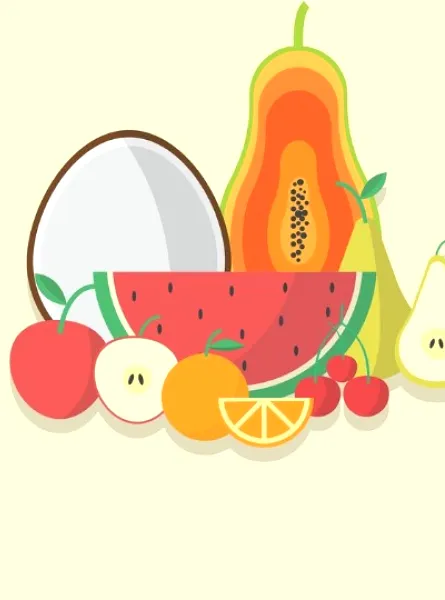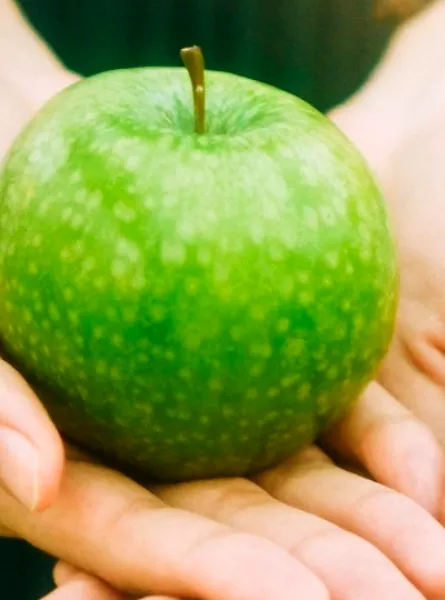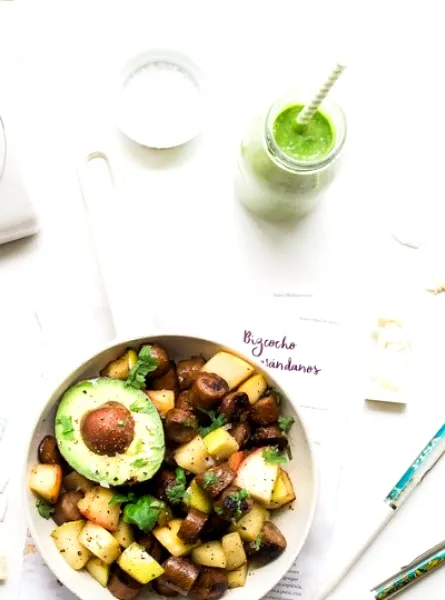
No. Without a medical condition, there is no good reason to stop eating it: it is a myth.
Gluten is a protein found mainly in wheat, but also in many other grains such as rye, barley and triticale. In recent years, the gluten-free diet has become increasingly popular. But should we systematically exclude it from our diet? Apart from people with celiac disease and people with special sensitivities, there is no benefit of adopting such a diet! Gluten is not harmful and, without medical reasons, it is not necessary to exclude it from our diet.
Differentiating between celiac disease and gluten sensitivity
Celiac disease is an autoimmune disease that, when we eat gluten, creates inflammation on the walls of our intestine. This makes it more difficult for us to absorb the nutrients we eat. It is estimated that about 1% of the population is affected by this disease. The non-coeliac sensitivity to gluten, on the other hand, is still controversial. People who suffer from it can experience bloating and discomfort, but this sensitivity is still very poorly understood.
What if it wasn't gluten?
The nocebo effect is based on the principle that if you believe that something harmless has adverse effects, you are more likely to experience these adverse effects. Our negative perception of a food we consume can affect how we feel. What about gluten? If we firmly believe that eating gluten makes our stomach hurt, it may very well make our stomach hurt, even if we don't have celiac disease or an intolerance!
Nevertheless, when avoiding it, some people do notice an improvement in their symptoms. However, it could be the sugars (fructans) found in products that also contain gluten that cause the discomfort. It is also possible that by removing gluten from your diet, you may also be changing some other lifestyle habits. All of this could explain why we feel better after removing gluten from our diet.
The importance of consulting a health professional
Whether it's celiac disease, gluten sensitivity, the nocebo effect or fructan intolerance, it can get confusing. It is important not to self-diagnose and to consult a dietitian before making drastic changes in your diet. If you're in doubt about your personal situation, contact us to make an appointment with a registered dietitian!





